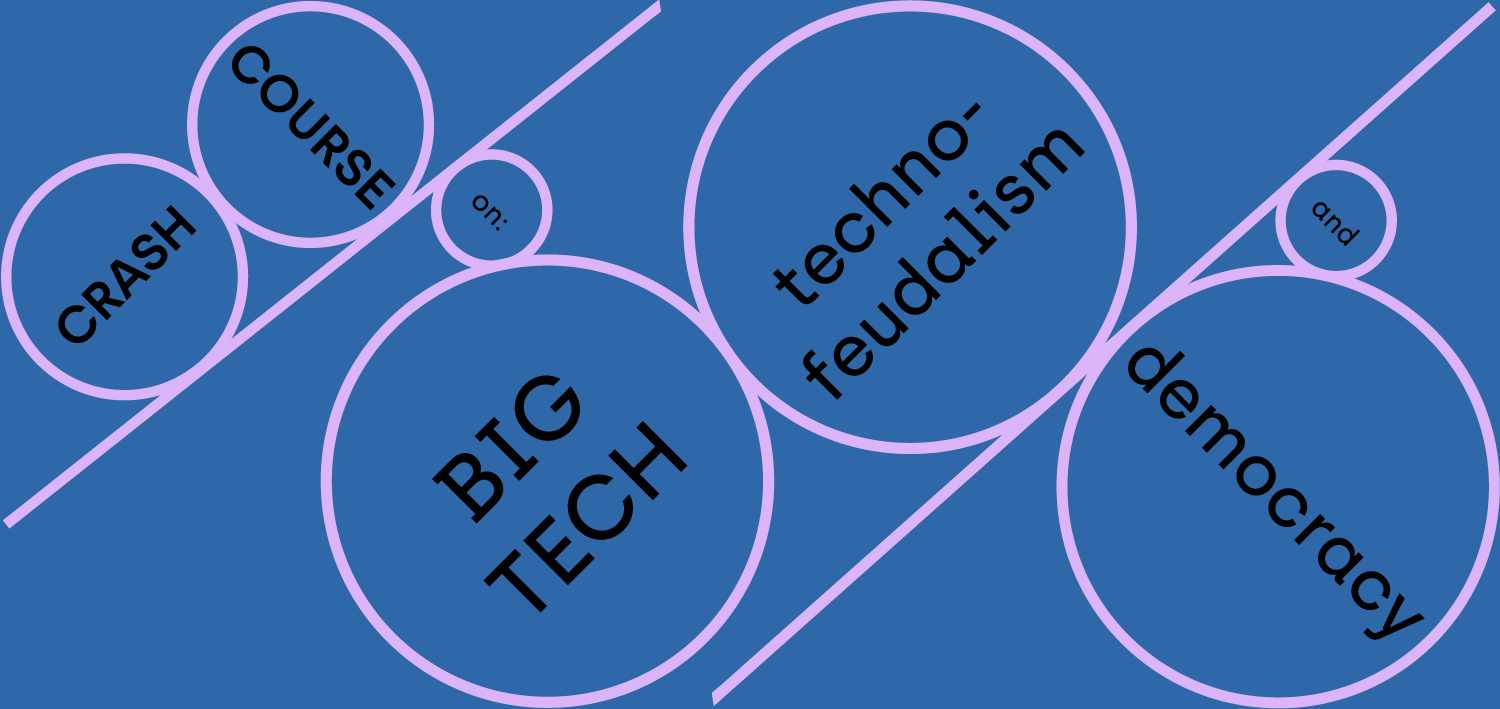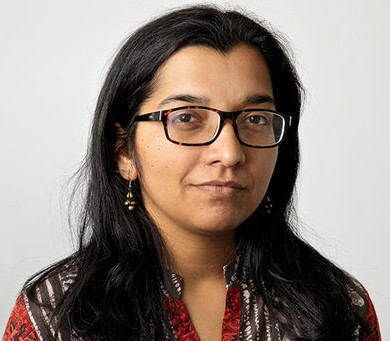
#4 Big Tech & the Global South — with Nandini Chami
In this fourth Crash Course episode of the series on Big Tech, Techno-feudalism and Democracy, we take a closer look at how we could resist the enormous and all-encompassing influence Big Tech and platform economies have on our lives. How can we regain control over our individual and collective data as they are being increasingly commodified and traded? Nandini Chami, deputy director of IT4Change, answers these and other questions and links the rise of Big Tech to growing inequality and development in the Global South.
We will further ask Chami:
How is Big Tech deepening the geographies of inequality?
What are the governance deficits at the global level that are exacerbating data colonialism?
What are the new policy pathways that we need, in order to reclaim our data from Big Tech enclosures?

Nandini Chami is Deputy Director at IT for Change. She is engaged in policy research and advocacy at the intersections of digital policy, development justice and gender equality. Her research interests are data justice, inclusive platform economies, and gender and digital trade. She co-leads the Digital Justice project, a collaboration between IT for Change and Development Alternatives with Women for a New Era network (www.dawnnet.org) on gender equality in the digital economy and she is co-investigator of Policy frameworks for the platform economy, an IDRC-supported multi-country research study on platform governance models for the global South.
Podcast
In this third Crash Course series we turn to one of the biggest winners of the Covid-19 Pandemic: Big Tech. These increasingly powerful and financialized firms routinely represent themselves as ‘innovators‘ and ‘problem solvers‘ and self-proclaimed forces for good by connecting ‘users’ worldwide. But are the solutions provided by Big Tech as good as they contend? What does the rise of Big Tech entail for the sovereignty of countries in the Global South? How can we organize democratic control as capitalism moves into an unknown socio-technological phase? And how might we embrace technology as a force for good?

